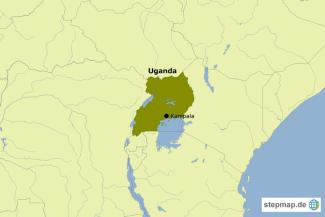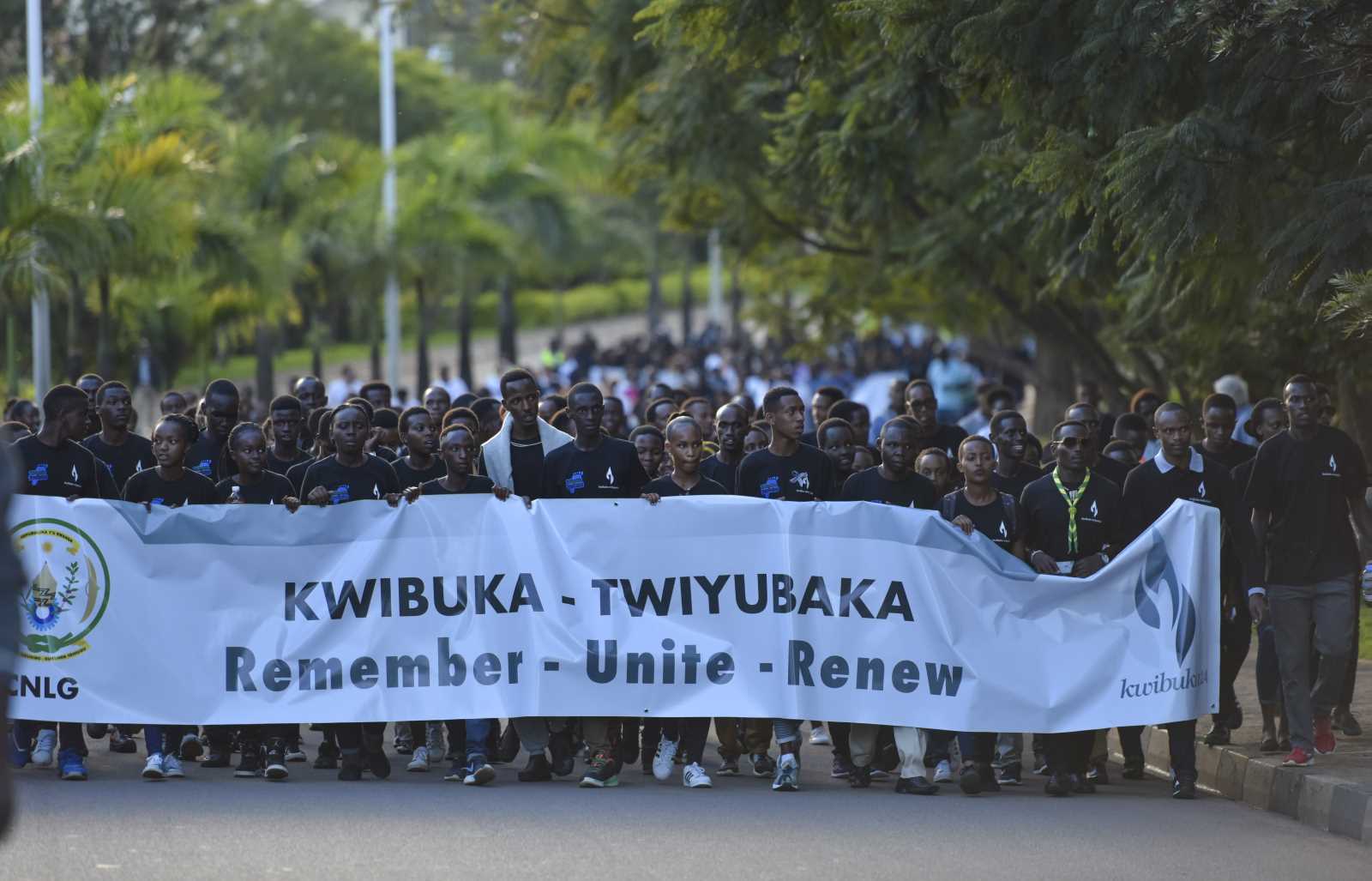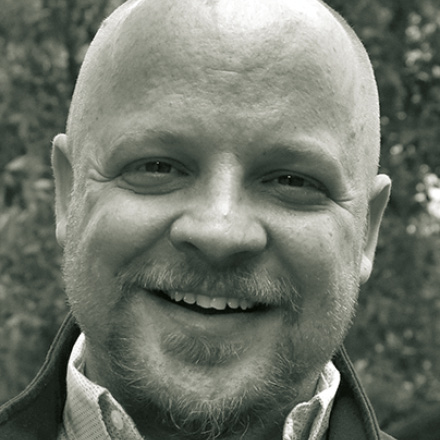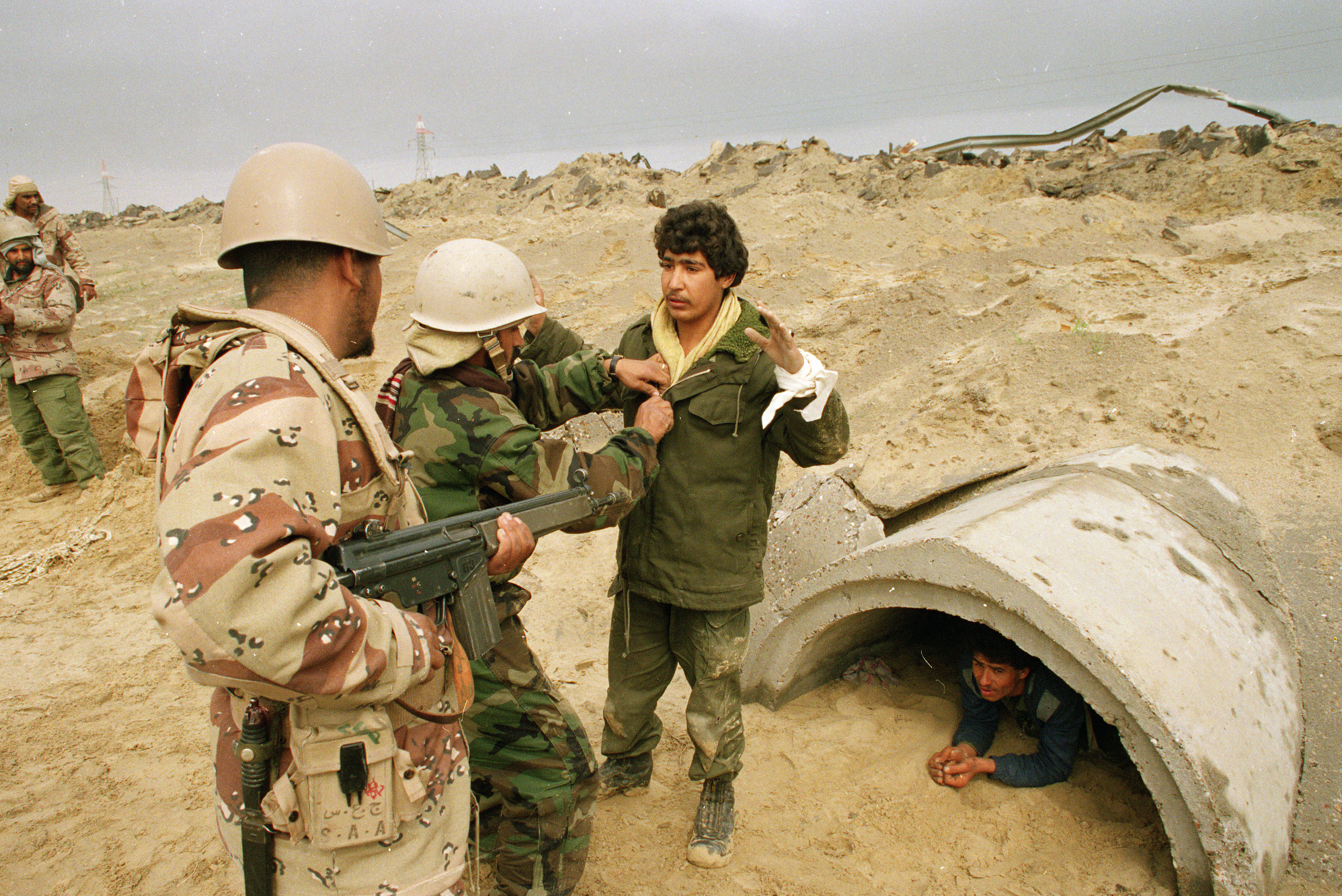Terrorism
Long-term effects of war

Akech is a mother of seven children. When the terror group first attacked the village where she was tilling her maize field, Akech was forced to witness helplessly how rebels cut her husband into pieces. Then they came for her. “After chopping off my ears, they left me bleeding and entered our house,” she recalls. “They took all the food we had harvested and left the village.” Her husband was dead. Later, villagers who were hiding in the nearby bushes came and picked his remains. “They hurriedly buried him, fearing that the rebels could return any minute,”Akech says.
“I had to stay in hospital for months,”Akech recounts. “My children survived the attack, because at that time they were living in a camp for internally displaced people.” She is happy that, as a widow, she managed to ensure a good education for her kids.
Akech’s scars are most visible. She always wears a headscarf so people don’t stare at her. “In a way, I’m lucky that only my ears were cut off. I can hide the deformity. How can victims who lost their nose or lips hide from the public eye?” she wonders.
The Lord’s Resistance Army (LRA) is a terrorist organisation led by Joseph Kony, a warlord from Gulu district in northern Uganda. He operated in this region from around 1995 to 2006, spreading his war to eastern Uganda. Kony wanted to overthrow the government and establish a new state based on the biblical Ten Commandments. Initially, Kony and his LRA group were supported by Ugandans in the diaspora and the government of Sudan. Some people in Uganda viewed him favourably. However, as the war progressed, the rebels lost support because of their mercilessly killing, maiming, torturing and raping. The majority of the LRA fighters were forcefully abducted youth.
Enraged by locals’ refusal to support his militia, Kony ordered rural people to stay away from roads. His fighters chopped off ears, noses and lips of people they found on the roads. The LRA also planted mines which maimed many people.
After the war ended, the rebels, fearing prosecution by the International Criminal Court, fled to the jungles of the Democratic Republic of the Congo and later to the Central African Republic, where they continue to commit atrocities.
In 2010, Ugandan President Yoweri Museveni promised monetary compensation to 10,000 victims of the LRA unrest. The people concerned are still waiting for the cash. According to Margaret Ateng, the minister for northern Uganda, compensation payments have been delayed because some victims took the government to court, demanding for a better deal and thus slowing down the entire process.
Human rights organisations in Uganda help survivors like Akech. Examples are the Gulu Human Rights Focus, the Refugee Law project of Makerere University and the human rights body African Youth Initiative Network (AYINET). In 2015 Victor Ochen of AYINET, a former LRA abductee, was nominated for the Nobel Peace Prize for his outstanding human rights work, helping victims of war.
Gloria Laker Aciro is a former war reporter, now heading the Peace Journalism Foundation of East Africa. She lives in Uganda.
glorialaker@gmail.com
Twitter: @GloriaLaker
Links:
African Youth Initiative Network (AYINET):
www.africanyouthinitiative.org/
Gulu Human Rights Focus (HURIFO):
http://humanrightsconnected.org/organizations/human-rights-focus-gulu
Refugee Law Project, School of Law, Makerere University, Uganda:
www.refugeelawproject.org/











